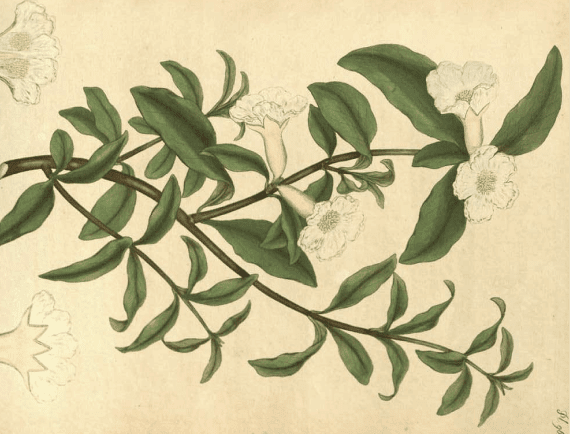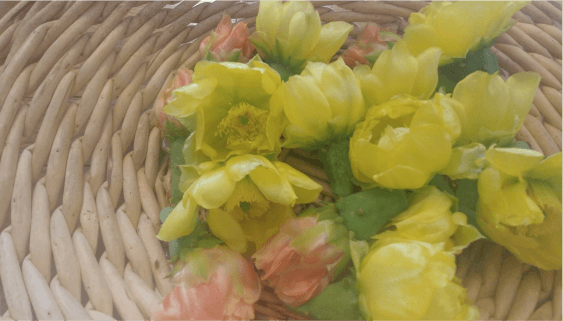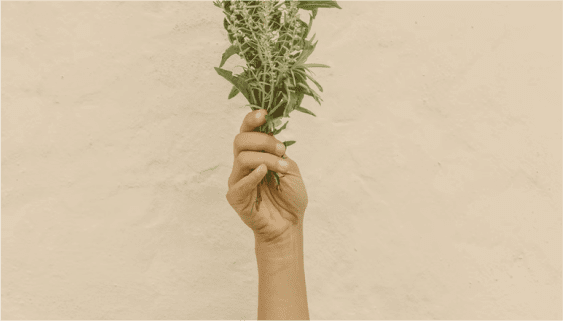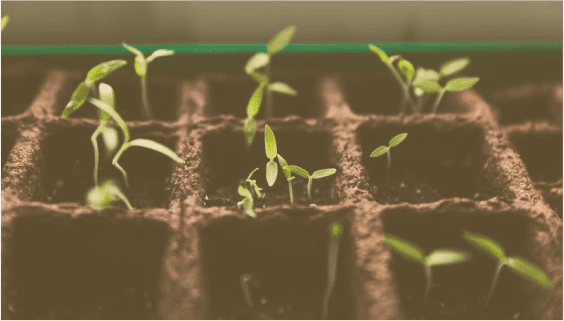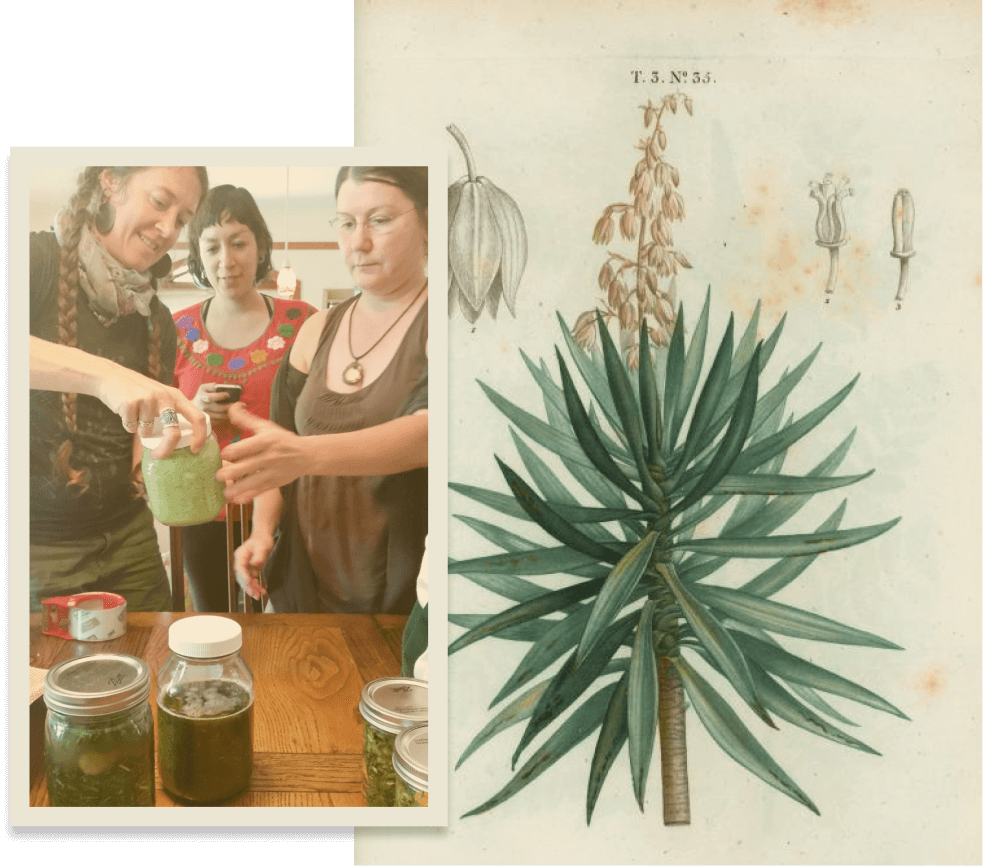Allium Sativum – Garlic: Helping Humans Survive Since the Beginning of
Time
Time
A Plant Monograph by: Marissa Gorey
Allium Sativum
is an acrid, spicy, and aromatic member of the Liliaceae family. Records of its use and uses are
unending. Its pungent taste and
spear-like shoots are ruled by Mars and the intensity of its medicine is
undisputed.
is an acrid, spicy, and aromatic member of the Liliaceae family. Records of its use and uses are
unending. Its pungent taste and
spear-like shoots are ruled by Mars and the intensity of its medicine is
undisputed.
A true
panacea, Allium Sativum is not only
antiseptic, antispasmodic, antihelminthic, antifungal, antiviral, carminative,
diaphoretic, rubifacient, and hypotensive.
It’s also an alterative, aphrodisiac, disinfectant, digestive, a mild
diuretic, a cholagogue, an emmenagogue, a stimulant, and a tonic.
panacea, Allium Sativum is not only
antiseptic, antispasmodic, antihelminthic, antifungal, antiviral, carminative,
diaphoretic, rubifacient, and hypotensive.
It’s also an alterative, aphrodisiac, disinfectant, digestive, a mild
diuretic, a cholagogue, an emmenagogue, a stimulant, and a tonic.
Much of what
is the most beneficial medicinally to us as humans is simultaneously garlic’s
natural defense system as a plant.
Allium sativum is a perennial whose rhizomes contain a huge number of
antioxidant and antimicrobial constituents such as selenium and sulfur just to
name a few. If a clove is attacked/nicked a chemical compound named allicin is
released. Highly volatile, allicin is a
vicious insecticide capable of causing third degree burns with prolonged
contact on human skin. These attributes have helped it to ward off
would be predators and potential illnesses for so long that it has traveled
from its original home near the Himalayas to the plates of nearly every
population on earth.
is the most beneficial medicinally to us as humans is simultaneously garlic’s
natural defense system as a plant.
Allium sativum is a perennial whose rhizomes contain a huge number of
antioxidant and antimicrobial constituents such as selenium and sulfur just to
name a few. If a clove is attacked/nicked a chemical compound named allicin is
released. Highly volatile, allicin is a
vicious insecticide capable of causing third degree burns with prolonged
contact on human skin. These attributes have helped it to ward off
would be predators and potential illnesses for so long that it has traveled
from its original home near the Himalayas to the plates of nearly every
population on earth.
Garlic has
been studied extensively by the scientific community and seems to be a widely
accepted remedy for high blood pressure, damp conditions (especially asthma,
respiratory congestion), and infections of all kinds (fungal, bacterial, viral,
it covers the whole spectrum).
been studied extensively by the scientific community and seems to be a widely
accepted remedy for high blood pressure, damp conditions (especially asthma,
respiratory congestion), and infections of all kinds (fungal, bacterial, viral,
it covers the whole spectrum).
Studies have
also found it to inhibit tumors, reduce effects of stress related and physical
fatigue, relieve impotence, support the body’s natural immune response and
alleviate symptoms associated with chemotherapy. Garlic contains ‘an unidentified substance
named vitamin X by the Soviets, which both prevents the absorption of
radioactive isotopes and helps draw them out of the body’ (Gabriel Cousins Conscious Eating).
also found it to inhibit tumors, reduce effects of stress related and physical
fatigue, relieve impotence, support the body’s natural immune response and
alleviate symptoms associated with chemotherapy. Garlic contains ‘an unidentified substance
named vitamin X by the Soviets, which both prevents the absorption of
radioactive isotopes and helps draw them out of the body’ (Gabriel Cousins Conscious Eating).
Superstition
and medicine collide. Garlic truly does
keep the vampires away.
and medicine collide. Garlic truly does
keep the vampires away.
Allium
sativum is however extremely hot and drying.
This is how its medicine works. Pitta constitutions and conditions
beware. Onion may be a stronger ally in these cases. Garlic is contraindicated for acid reflux and
inflammatory stomach issues. It should
be avoided by those with low functioning thyroids because it can interfere with
iodine uptake and use during the first trimester of pregnancy is discouraged due
to its emmenogogic properties. It is
generally regarded as safe to use with toxicity virtually unheard of unless
large doses (more than one bulb a day) for extended periods of time.
sativum is however extremely hot and drying.
This is how its medicine works. Pitta constitutions and conditions
beware. Onion may be a stronger ally in these cases. Garlic is contraindicated for acid reflux and
inflammatory stomach issues. It should
be avoided by those with low functioning thyroids because it can interfere with
iodine uptake and use during the first trimester of pregnancy is discouraged due
to its emmenogogic properties. It is
generally regarded as safe to use with toxicity virtually unheard of unless
large doses (more than one bulb a day) for extended periods of time.
In the
Ayurvedic tradition garlic is regarded as tamasic, which in moderation is
grounding but dulling in excess. This
combined with its stimulating and aphrodisiac qualities have led to its
exclusion in particular lifestyles. i.e.
celibacy in pursuit of meditative clarity etc. etc.
Ayurvedic tradition garlic is regarded as tamasic, which in moderation is
grounding but dulling in excess. This
combined with its stimulating and aphrodisiac qualities have led to its
exclusion in particular lifestyles. i.e.
celibacy in pursuit of meditative clarity etc. etc.
Practice
moderation. But as Paul Bergner writes, ‘Garlic is a tonic in the true sense of
the word – it increases energy, well-being, and general health slowly over
weeks, months, and years.’ So how can we use it?
moderation. But as Paul Bergner writes, ‘Garlic is a tonic in the true sense of
the word – it increases energy, well-being, and general health slowly over
weeks, months, and years.’ So how can we use it?
Eaten raw,
in water, or as a juice
in water, or as a juice
In a foot
bath for fatigue
bath for fatigue
As an oil
for earaches
for earaches
As a
suppository, enema, syrup, tincture, steam, vinegar, cold water infusion
suppository, enema, syrup, tincture, steam, vinegar, cold water infusion
Put garlic
water up your nose, clear those sinuses!
water up your nose, clear those sinuses!
First aid
use: As a wash on animal bites
use: As a wash on animal bites
Cooked and
in your food. There’s still good stuff
in there.
in your food. There’s still good stuff
in there.
Poultices
for the chest or feet work great (don’t put directly on skin, can
burn-literally)
for the chest or feet work great (don’t put directly on skin, can
burn-literally)
Chop it up
and put in a beer or glass of wine, let it sit overnight, enjoy as a tonic in
the morning
and put in a beer or glass of wine, let it sit overnight, enjoy as a tonic in
the morning
Most constituents
are best captured in fresh plant preparations, however there are some medicinal
constituents that form when the allicin degrades. Milk can be used as the vehicle to soothe
some of the hot dryness for those who find it intolerable. An aged variety,
known as Kyolic garlic, has been found to be less irritating. The options are exhaustive. Garlic is probably the strongest, most
readily available, widely accepted, and affordable fresh medicine we have.
are best captured in fresh plant preparations, however there are some medicinal
constituents that form when the allicin degrades. Milk can be used as the vehicle to soothe
some of the hot dryness for those who find it intolerable. An aged variety,
known as Kyolic garlic, has been found to be less irritating. The options are exhaustive. Garlic is probably the strongest, most
readily available, widely accepted, and affordable fresh medicine we have.
The rhizome
is best harvested in the mid-summer to fall when the ground is dry. A toxic look-a-like is the daffodil, but the
aromatics of garlic should be unmistakable. Information on Allium Sativum is
readily available. Many many books,
articles, and case studies have been written on this plant. It’s rumored that the slaves who built the
pyramids refused to work after garlic and onions were taken out of their
rations. I’d like to think we’d do the
same.
is best harvested in the mid-summer to fall when the ground is dry. A toxic look-a-like is the daffodil, but the
aromatics of garlic should be unmistakable. Information on Allium Sativum is
readily available. Many many books,
articles, and case studies have been written on this plant. It’s rumored that the slaves who built the
pyramids refused to work after garlic and onions were taken out of their
rations. I’d like to think we’d do the
same.
Resources
used:
used:
Conscious
Eating – Gabriel
Cousens M.D.
Eating – Gabriel
Cousens M.D.
The
Healing Power of Garlic – Paul Bergner
Healing Power of Garlic – Paul Bergner
The
Herbal Lore of Wise Women + Wortcunners – Wolf D. Storl
Herbal Lore of Wise Women + Wortcunners – Wolf D. Storl
Herb
Contradictions and Drug Interactions – Francis Brinker N.D.
Contradictions and Drug Interactions – Francis Brinker N.D.
Herbs and
Things –Jeanne Rose
Things –Jeanne Rose
Making
Plant Medicine –
Richo Cech
Plant Medicine –
Richo Cech
The New
Holistic Herbal –
David Hoffman
Holistic Herbal –
David Hoffman
The Yoga
of Herbs – Dr. Vasant
Lad
of Herbs – Dr. Vasant
Lad
